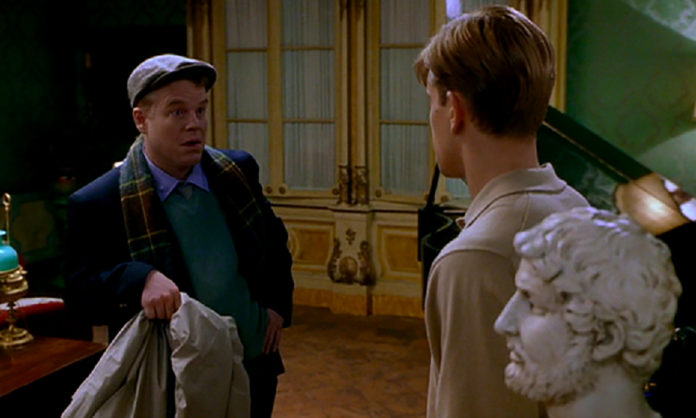In a post on CrimeReads, Julie Mayhew says that writers shouldn’t pull their punches, because the bad things that happen to their fictional characters can provide an important catharsis for readers in the real world. “Though we turn to fiction for escape, there is no requirement that these holidays of the mind be sunny,” Mayhew writes. “In crime and thriller, the setting can be warm and exotic, but the characters are likely shady, unsympathetic, violent.”
Crime and horror fans might be called voyeurs, but Mayhew sees more than that. “We go to a book seeking something, and though we are not always conscious of the needs we’re feeding, we are definitely awake to the fact of whether they have been satisfied by the final page,” she writes. “And to achieve this satisfying result—this wonderful catharsis—an author cannot play nice, nor pull their punches. They must ‘really go there’—show the reader how bad things are, or were, or can be.” In short, unless you show the bad, the journey won’t be meaningful.
“Following characters who are willing to do the terrible things that we would never dare to is another truly cathartic offering of the thriller,” Mayhew adds. “Within the boundaries of fiction readers can scratch dark itches, understand the perils of inhabiting their shadow selves, before returning to enviably quieter lives, safe in the knowledge that no one got hurt.”










